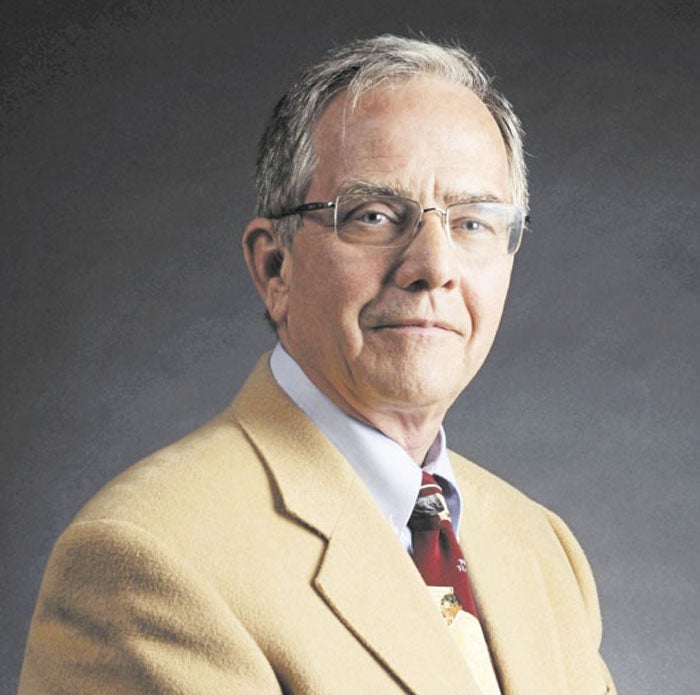Francis Koster: During COVID-19 war, make sure all are counted
Published 12:00 am Sunday, July 26, 2020
By Francis Koster
We are at war with COVID-19. What is surprising, though, is that the casualty reports are leaving an entire group out.
When we talk about the war on COVID-19, the casualty reports talk about “infected,” “deaths” and “recovered” — but no “wounded.”
Think back to how the casualties of war are stated. In the Vietnam War, there were 3.4 million United States military in Southeast Asia. An estimated 47,434 died in combat and 303,644 were wounded.
In many cases those that were wounded lost arms or legs, or suffered post-traumatic stress disorder and endured lifelong health issues. To this day, the publicly available websites all show them as having been wounded.
The same is not true when recording casualties in our war with COVID-19. As crazy as it sounds, once a patient who was infected with COVID-19 and is added to the state and national data bases, they are automatically moved to the “recovered” column within a month.
This is terribly misleading to the American public as they try to plan ahead.
Imagine a hero who is burned when gasoline explodes as they remove a child from a car wreck. After a period of time in the hospital, they would be released — facing months of fighting infections and undergoing plastic surgery. Would it be accurate to say that they are “recovered” 30 days after the accident?
Of course not.
Or think about this: back in the time when polio was sweeping the country, children with the infection might be hospitalized and in an iron lung for weeks or months. After they were discharged, they might have a permanently twisted arm or be wheel chair bound.
Would it be accurate to say that they are “recovered” because 30 days passed since they were discharged from the hospital?
Of course not.
But that is what the federal and North Carolina COVID-19 websites show.
How many people who catch COVID-19 and are “wounded” for a long time are counted as “recovered?” by the current reporting system? About one in five of those who have had the infection!
As of mid-July, estimates are that only about one in 50 Americans have or had COVID-19. The other 49 have not. The number of infected is doubling about monthly. And if you want to estimate number of the “wounded,” about one in five of those confirmed infected develop or increase long term heart issues. Additionally, about half of people with no or mild symptoms had resulting lung damage. Long-term damage to the liver is also suspected, and mental health issues are reported soaring.
Health care in our society will have to change dramatically to care for all of these damaged bodies (and souls). We simply do not currently have the system to meet both the life care and health care needs of that many wounded.
The worry used to be about having enough intensive care beds, but in areas of our country where the disease exploded earlier than around here, demand for beds in assisted living and long-term care facilities is rising rapidly. It will soon outstrip available supply as the number of infected and “wounded” continue to double every month.
The flip side of this is that there is a large and growing number of potential volunteers who can help out their friends. They are those four out of five who had the virus, and recovered without long term damage.
These people will be eagerly sought after by businesses who need them to replace sick or not-yet-infected workers.
If they are now immune and not going back to work, the previously infected need to see themselves as part of the COVID Rescue Corps.
The range of things the previously infected can do to help is quite large — from growing food for the hungry, to assisting schools struggling with missing staff and stressed kids, to shopping and cutting neighbors grass, to helping the sick get to the doctor (remember, those patients have already had the disease as would the volunteers from this rescue pool).
Everyone has to step up to the challenge. We need to assist our various government and other organizations pair the rescuers with the needy and recruit those that are healed to help those that are not.
It is time to walk the talk of being a caring nation.
Francis Koster lives in Kannapolis and is a local activist who has been studying, teaching and implementing local solutions to national problems for over 50 years.


